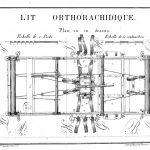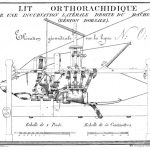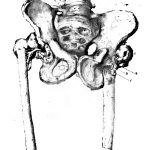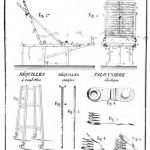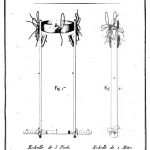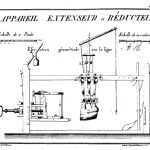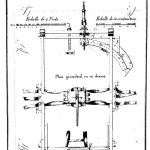Tag: C19th
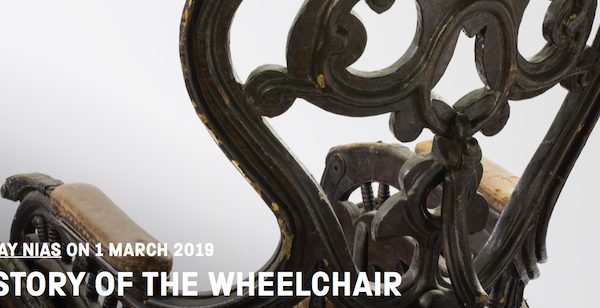
Kay Nias
I had the great pleasure of spending an hour in conversation with Dr Kay Nias this morning. Kay is a Medicine Galleries Research Fellow at the Science Museum specializing in the history of physiotherapy, and has recently posted a beautifully illustrated and written piece on the history of the wheelchair …
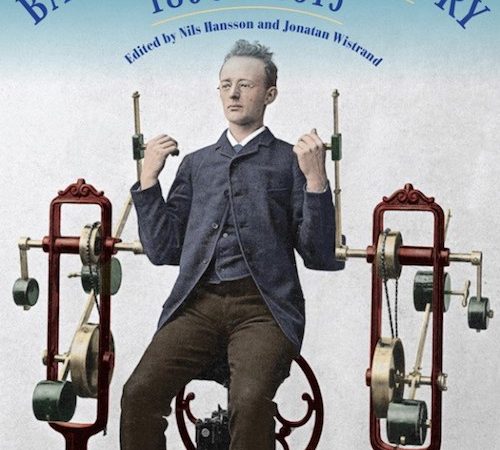
Gym machines and gynaecological massage
Many of you will know of the pioneering work of Anders Ottosson, whose histories of mobilization, kinesiology and the gendered basis of physiotherapy history were some of the first critical scholarship to be published in the field. Well, Anders along with Michaela Malmberg have published two chapters in a …
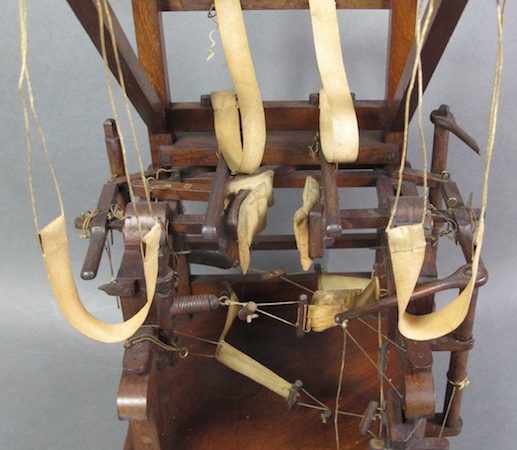
François Humbert – a pioneer of 19th century orthopaedics
Last week I had a series of email conversations with Axelle Mokry (www.senselab.ch), a Swiss physiotherapist who has for some time now been part of an association looking to research the work of French doctor François Humbert, who created the first orthopedic centre of France in 1817. Unlike many academics …
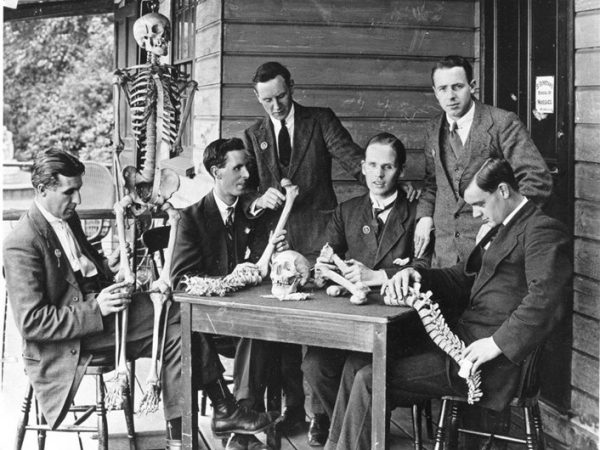
A century of blind physiotherapists
2019 marks the centenary of the first ever physiotherapy special interest group. The Association of Blind Certified Masseurs (changed in 1953 to The Association of Blind Chartered Physiotherapists), was formed by the Chartered Society of Physiotherapy, then the Incorporated Society of Trained Masseuses (ISTM), in 1919 in response to three …
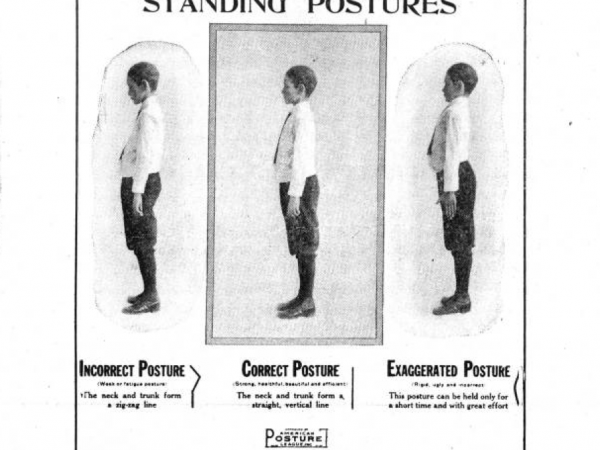
Upstanding
Beth Linker’s work should be required reading for physiotherapists. Her latest project – a book titled Slouch: The Forgotten History of America’s Poor Posture Epidemic (due for publication in 2020) traces the history of America’s fascination with posture and how upright standing came to mean so much to health reformers, including physical …
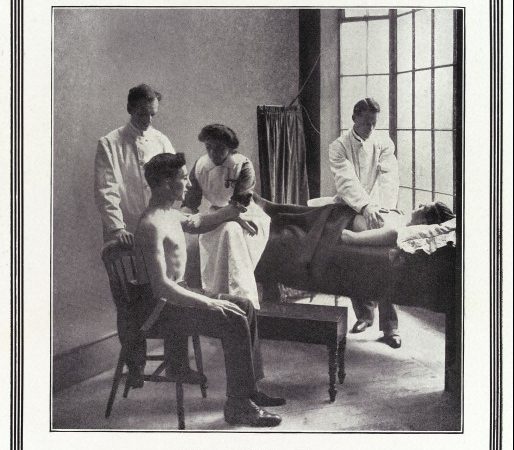
The masculine beginnings of Women’s Health
In the most female world of women’s health physiotherapy (female pelvic health problems treated by female practitioners of a female dominated profession) it comes as a significant surprise to learn that it may have all started with a male Swedish Army Major in the middle of the nineteenth century. Historian, Anders Ottosson, …
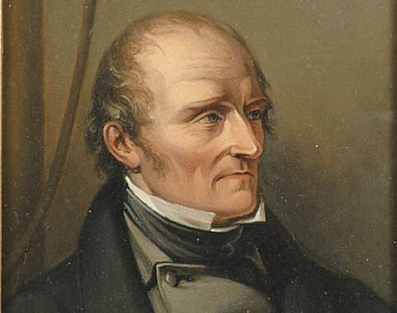
Who named the profession?
The history of the modern physiotherapy profession may arguably be traced back to 1813 when Swede, Per Henrik Ling founded the Royal Central Institute of Gymnastics (RCIG) in Stockholm (Ottosson, 2015). The name used by the graduates of the three year training program was ‘Sjukgymnastik’ (sick – exercise) and until very recently …

